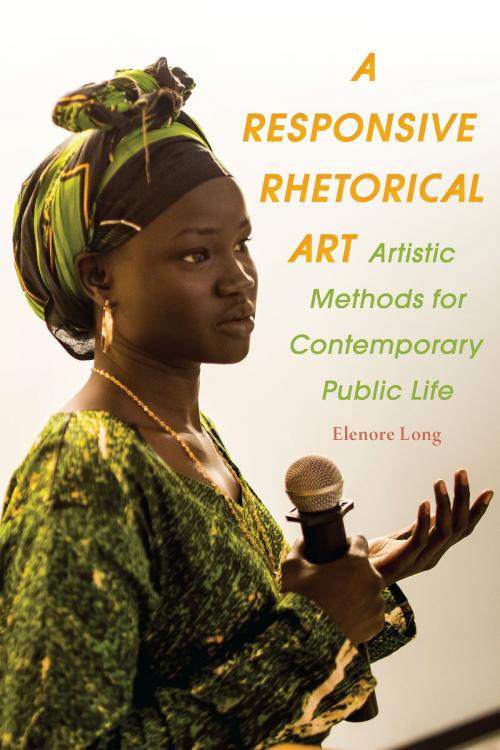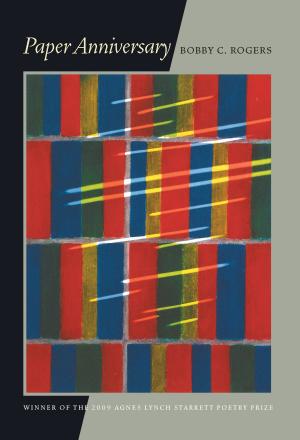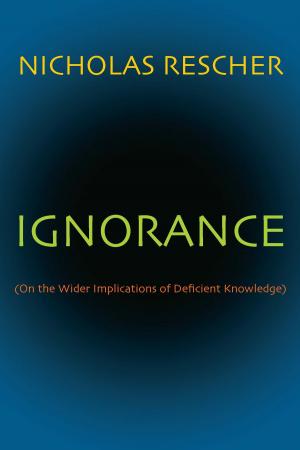A Responsive Rhetorical Art
Artistic Methods for Contemporary Public Life
Nonfiction, Reference & Language, Language Arts, Public Speaking, Rhetoric| Author: | Elenore Long | ISBN: | 9780822986447 |
| Publisher: | University of Pittsburgh Press | Publication: | October 16, 2018 |
| Imprint: | University of Pittsburgh Press | Language: | English |
| Author: | Elenore Long |
| ISBN: | 9780822986447 |
| Publisher: | University of Pittsburgh Press |
| Publication: | October 16, 2018 |
| Imprint: | University of Pittsburgh Press |
| Language: | English |
A Responsive Rhetorical Art explores the risk-ridden realm of wise if always also fallible rhetorical action—the productive knowledge building required to compose and to leverage texts, broadly construed, for the purposes of public life marked by shrinking public resources, cultural conflict, and deferred hope. Here, composition and literacy learning hold an important and distinctive cultural promise: the capacity to invent with other people new ways forward in light of their own interests and values and in the face of obstacles that could not have otherwise been predicted. Distributed across publicly situated strangers, including citizen-educators, this work engages a persistent challenge of early rhetorical uptake in public life: that what might become public and shared is often tacit and contested. The book’s approach combines attention to local cases (with a transnational student organization, the Nipmuck Chaubunagungamaug, and the South Sudanese diaspora in Phoenix) with a revisable guide for taking up wise action and methods for uncovering elusive institutional logics.
A Responsive Rhetorical Art explores the risk-ridden realm of wise if always also fallible rhetorical action—the productive knowledge building required to compose and to leverage texts, broadly construed, for the purposes of public life marked by shrinking public resources, cultural conflict, and deferred hope. Here, composition and literacy learning hold an important and distinctive cultural promise: the capacity to invent with other people new ways forward in light of their own interests and values and in the face of obstacles that could not have otherwise been predicted. Distributed across publicly situated strangers, including citizen-educators, this work engages a persistent challenge of early rhetorical uptake in public life: that what might become public and shared is often tacit and contested. The book’s approach combines attention to local cases (with a transnational student organization, the Nipmuck Chaubunagungamaug, and the South Sudanese diaspora in Phoenix) with a revisable guide for taking up wise action and methods for uncovering elusive institutional logics.















